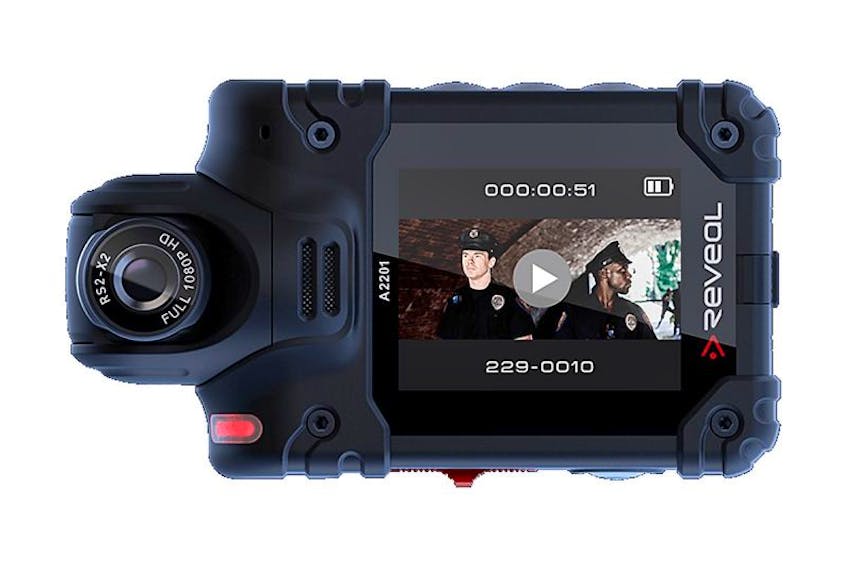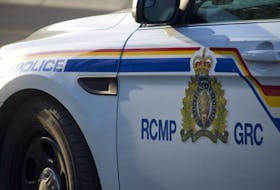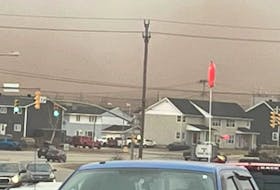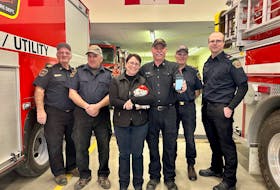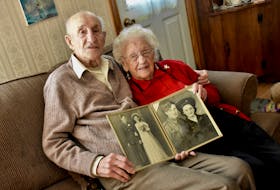HAPPY VALLEY-GOOSE BAY, N.L. — Municipal enforcement officers in Happy Valley-Goose Bay were slated to start wearing body cameras as of March 4 but that didn’t happen.
The town said in a press release issued on that day introduction of body cams had been deferred to a future date.
Town council voted at its Feb. 25 meeting to bring in the technology for each community constable and animal control officer.
“What the body camera does is enhance the safety of the enforcement officers but also creates accountability and transparency,” community constable Larry Baker said in an interview following the approval. “One of the important elements of this is it protects the general public as much as it does any enforcement official that wears it.”
SaltWire requested more information on the town's decision but did not receive a reply as of press time. Privacy concerns have been raised but it is unclear if the cameras are being delayed for that reason.
Body cameras are a familiar sight on enforcement officers in many places, both in Canada and internationally, but not in Newfoundland and Labrador.
They are not used by RCMP or the Royal Newfoundland Constabulary (RNC). Other municipalities have considered them, but none currently use them.
Information and Privacy Commissioner Michael Harvey told SaltWire he was glad to hear the town had deferred camera deployment until more research was done. He said his staff had been informally discussing their use with the town.
He said it’s recognized there are legitimate circumstances for the use of body cameras by law enforcement, but their use needs to be evaluated in those contexts.
Harvey said in NL the Access to Information and Protection of Privacy Act (ATIPPA) says when a public body, in this case the town, may be authorized to collect personal information for its purposes, how it uses that personal information must be at the minimum level possible.
“The concern about body cameras is they collect the maximal amount of information; they don’t discriminate on what they collect. They collect information on anyone they come into contact with, that’s our most fundamental concern about the use of body cameras.”
It may be possible for a town to implement body cameras and be consistent with the legislation, he said, but it’s important they very carefully examine all other alternatives to a body camera, have measures in place to ensure appropriate levels of safeguard, and that it's justified.
“New and emerging technologies make it easy for public bodies to collect personal information of all sorts and types about people. Doing that can improve the public services our public bodies offer but just because we can more easily collect personal information doesn’t mean that we always should,” he said.
His office is always available to assist public bodies to ensure they comply with ATIPPA, he said, and he would encourage any municipality thinking about using body cameras to contact them.

